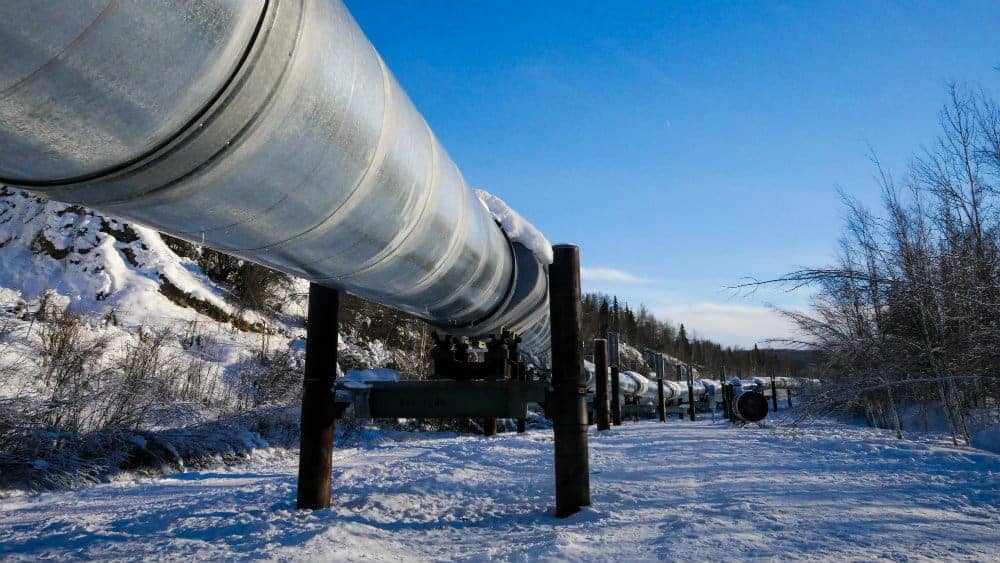When the price of oil changes it’s always for one of two reasons. As with any commodity, the price of a unit is determined by supply and demand.
Therefore, when the price of oil changes it will always be the result of either a change in supply or a change in demand.
However, as commodities markets are forward-looking, sometimes there can be a major fluctuation in the price for oil, even if no supply or demand has changed in the short term.
The change will be due to what traders are expecting to see in the future, which can move the market just as heavily.
This past week, we saw the price of oil fall sharply, the result of both a demand and supply issue — something that rarely happens at the same time.
Demand for oil
With world economies impacted by the Coronavirus, investors are naturally concerned about the future demand for oil.
When economies slow down, the demand for oil will always fall, which is why whenever stocks fall sharply, oil often falls with it. Stocks will usually fall because of fears of slower economic growth for whatever reason, and slower economic growth means less demand for oil.
The only exception is when oil prices rise and that causes stocks to fall; however, that hasn’t happened in years.
In today’s economies, oil is needed for almost everything; therefore, when less goods are being manufactured in a recession, it leads to less transportation for the reduced number of goods. In addition, consumers won’t be driving as much and people won’t fly and take vacations as often.
All of these factors combine to greatly reduce the demand for oil, which on its own would reduce its price.
Supply of oil
However, in addition to the price of oil falling slightly, roughly 15% over fears of lower demand, this past weekend a major development, or rather lack of development out of OPEC caused the price of oil to fall roughly 25% over the weekend.
When Russia failed to make a deal and Saudi Arabia followed suit, it was clear there was going to be a major problem.
For years OPEC has cut production in order to stabilize or prop up prices; however, when one or two members go rogue, all bets are off.
Now with the supply of oil likely rising out of those countries when global demand for oil is expected to fall significantly, the future of many energy companies is at risk. All the uncertainty in stock markets already doesn’t help either, and has likely caused the sell-off to be worse than it should have been.
How it affects Canadians
First and foremost, every energy company will be affected by this to one degree or another.
Energy companies that have the most debt will be the most vulnerable. This is because at current prices it will be very difficult to breakeven. And while lower cost producers will be in better shape, if they have debt that’s maturing soon, there could be a lot of major issues.
It’s very evident the level of fear in markets, as companies with high debt loads like Cenovus were down roughly 70% over the last two weeks up to Monday’s close.
In addition, because the Canadian economy and TSX are heavily weighted to energy, we saw ETFs that track the Canadian market like the iShares S&P/TSX 60 Index ETF fall by more than 10% on Monday, when markets in the States were only down about 7%.
Bottom line
While a drop of 70% by a company like Cenovus in two weeks, or the TSX down 10% in one day is shocking, it’s not surprising when you consider the amount of uncertainty about recent events.
As things begin to work themselves out and fears start to fade, some of these stocks will be looking very attractive again when you look at the long-term value.
So now is the time to be buying high-quality companies that are stable financially. Without stable finances, the stocks may not survive and could have a major impact on investors’ portfolios.









